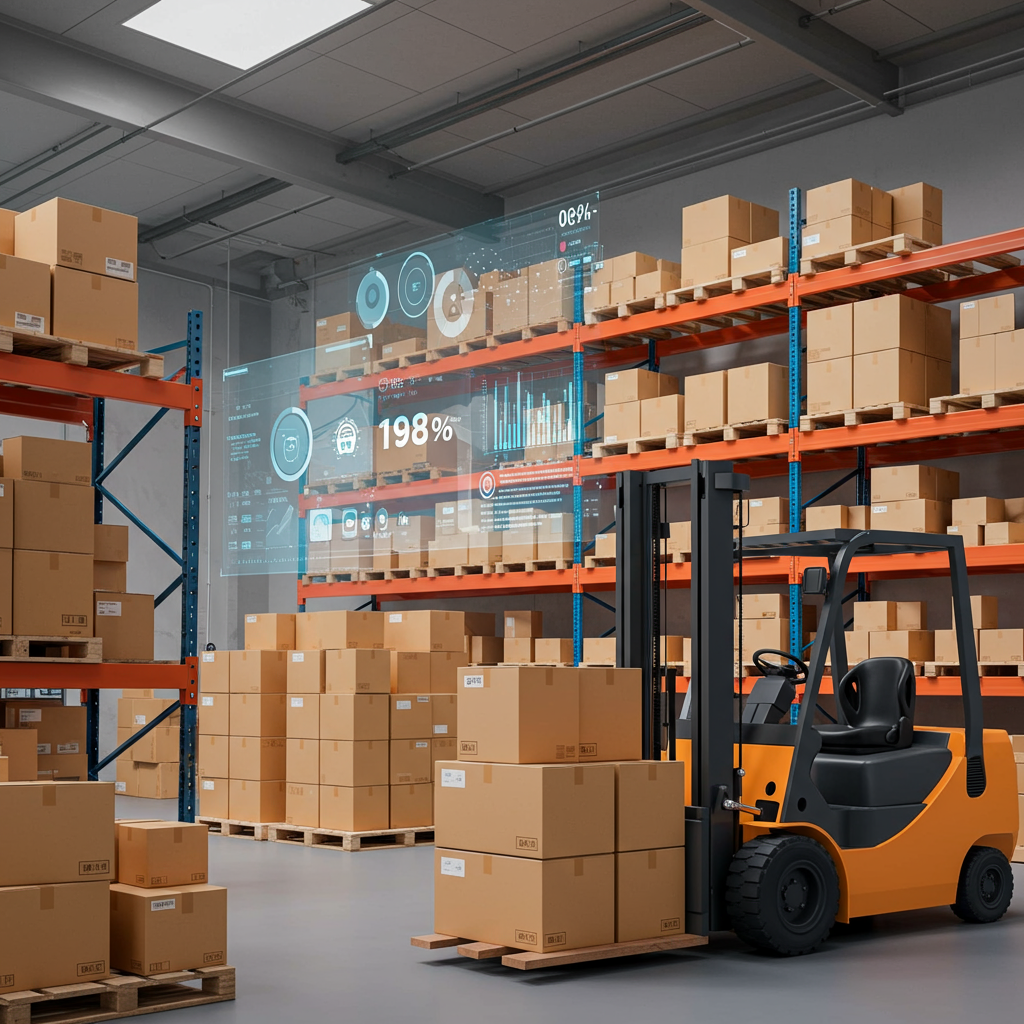As a Shopify merchant, I’ve learned that scaling your business often means letting go of the reins on fulfillment. Here’s my take on finding the perfect logistics partner.
As a Shopify merchant, I’ve personally experienced the exhilarating highs of growing sales and the daunting lows of trying to keep up with order fulfillment.
Initially, I handled everything myself: packing boxes in my spare room, printing labels, and making daily trips to the post office.
It was manageable at first, but as orders surged, my time became consumed by logistics, pulling me away from product development, marketing, and customer engagement.
My living space transformed into a mini-warehouse, and the stress of managing inventory, dealing with shipping errors, and handling returns became overwhelming.
That’s when I realized a crucial truth: to truly scale my e-commerce business, I needed to outsource my fulfillment. I needed a Third-Party Logistics (3PL) provider.
But what exactly is a 3PL? In simple terms, it’s a company that provides outsourced logistics services, including warehousing, inventory management, packaging, and shipping.
Partnering with a 3PL can offer significant advantages for Shopify store owners like us. Firstly, there are the cost savings.
3PLs operate on economies of scale, meaning they can negotiate better shipping rates and have more efficient warehousing processes than an individual merchant ever could.
Secondly, the time savings are immense. By offloading fulfillment, I freed up countless hours to focus on what I do best: growing my brand and connecting with my customers.
Thirdly, scalability becomes effortless. Whether it’s a sudden surge in demand during a holiday season or a steady increase in orders, a good 3PL can handle the fluctuating volume without you needing to invest in more space or staff.
Fourth, you gain access to expertise. 3PLs are specialists in logistics, understanding the nuances of shipping regulations, customs, and efficient return processes.
Finally, and perhaps most importantly, customer satisfaction improves. Faster shipping times, accurate order fulfillment, and professional packaging all contribute to a better customer experience, leading to repeat business and positive reviews.
So, how do you choose the best 3PL for your Shopify store? From my experience, there are several critical factors to consider.
The most crucial factor is seamless integration with Shopify. Your 3PL’s system should connect directly with your Shopify store to automatically receive orders, update inventory, and provide tracking information.
Next, consider their location and network. A 3PL with multiple warehouse locations can help you reduce shipping times and costs by storing inventory closer to your customers.
Pricing structure is another vital aspect. Ensure you understand all fees involved: storage, pick and pack, shipping, kitting, and return processing. Look for transparency and avoid hidden costs.
Evaluate their technology and software. A robust Warehouse Management System (WMS) that offers real-time inventory tracking, order status updates, and detailed reporting is non-negotiable.
Customer service and communication are paramount. You need a responsive partner who can quickly address issues and provide clear updates. A dedicated account manager is a huge plus.
Consider if they specialize in your product type. If you sell fragile items, oversized goods, or products requiring specific storage conditions, ensure the 3PL has the necessary expertise and facilities.
Their ability to scale with your business is also key. Can they handle your projected growth? Do they have the capacity to manage peak seasons without compromising service?
Efficient return management is often overlooked but incredibly important. A good 3PL should have a streamlined process for handling returns, inspections, and restocking.
Finally, always check their reputation and reviews. What do other merchants say about their service, accuracy, and reliability?
Based on my research and discussions with other merchants, here are some of the top 3PL services that integrate well with Shopify and cater to various business needs.
ShipBob is a popular choice, known for its robust technology platform and extensive network of fulfillment centers. They offer excellent analytics and are great for growing brands.
Deliverr, now part of the Shopify Fulfillment Network, focuses on fast, transparent shipping. They’re ideal if you prioritize quick delivery and predictable costs for your DTC brand.
ShipHero is another strong contender, particularly for businesses with higher order volumes. Their software-driven approach offers flexibility and control over your fulfillment operations.
Red Stag Fulfillment specializes in handling oversized, high-value, or fragile items. If your products require extra care and precision, their accuracy rates are among the best.
Whitebox offers an end-to-end solution, not just fulfillment but also marketing and analytics, making them a comprehensive partner for brands looking for a full-service approach.
My personal vetting process involves defining my exact needs first, then requesting detailed quotes from several providers.
I always ask specific questions about their Shopify integration, their typical order accuracy rates, and how they handle customer service issues. Checking references from existing clients is also a must.
Some common pitfalls I’ve learned to avoid include not fully understanding the pricing structure, tolerating poor communication, overlooking the importance of seamless integration, and failing to plan for future scalability.
The transition process itself requires careful planning. It involves transferring your inventory, integrating your systems, and thoroughly testing the entire workflow before going live.
It can feel like a big step, but trust me, the peace of mind and the ability to focus on strategic growth are invaluable.
Outsourcing fulfillment was one of the best decisions I made for my Shopify store. It allowed me to reclaim my time, reduce operational costs, and significantly improve my customer’s experience.
I hope my insights help you on your journey to finding the perfect 3PL partner. What are your thoughts on outsourcing fulfillment for e-commerce businesses?
Ultimately, the right 3PL isn’t just a service provider; they become an extension of your team, crucial for your continued success in the competitive e-commerce landscape.






